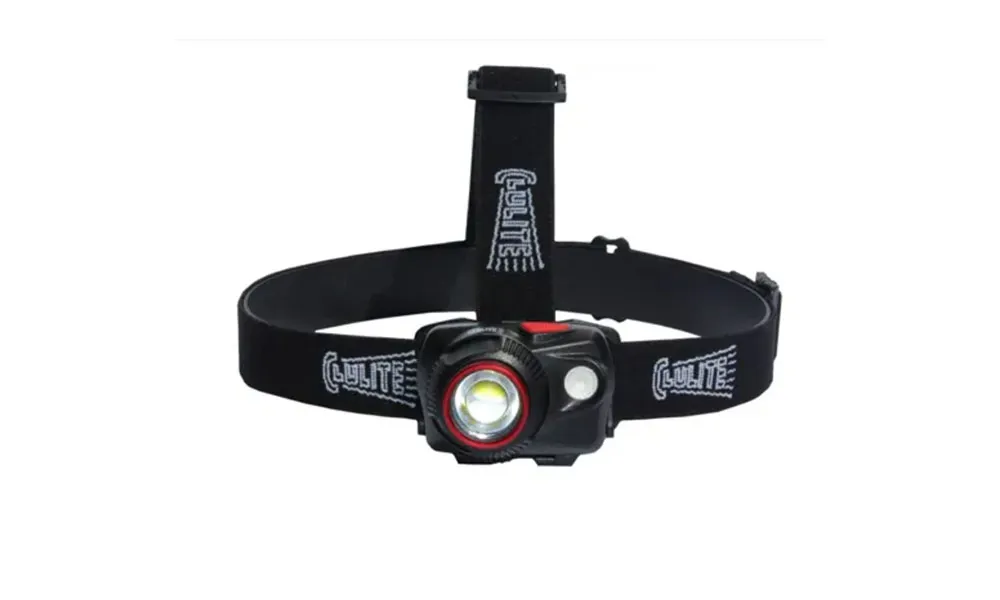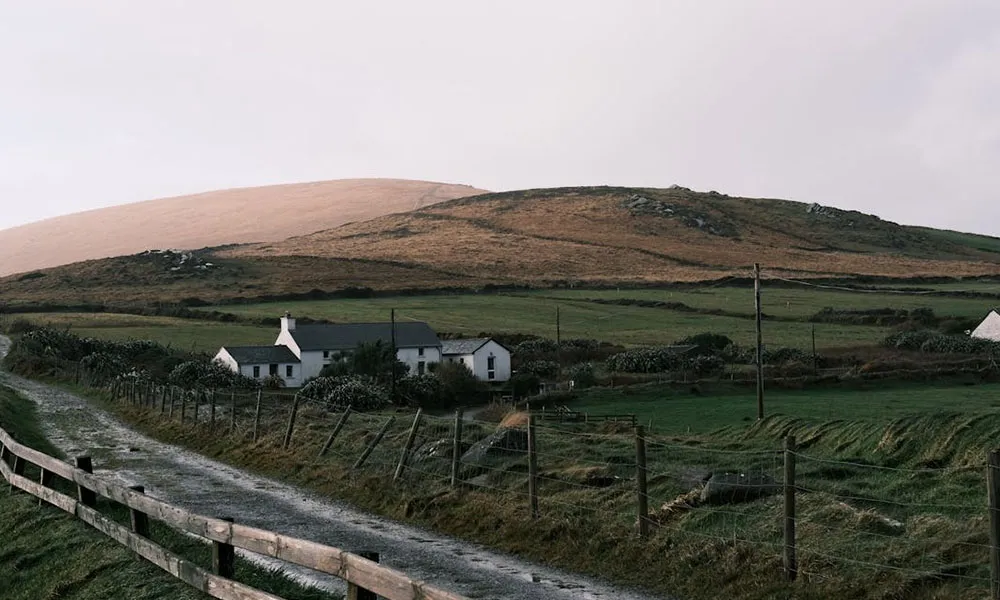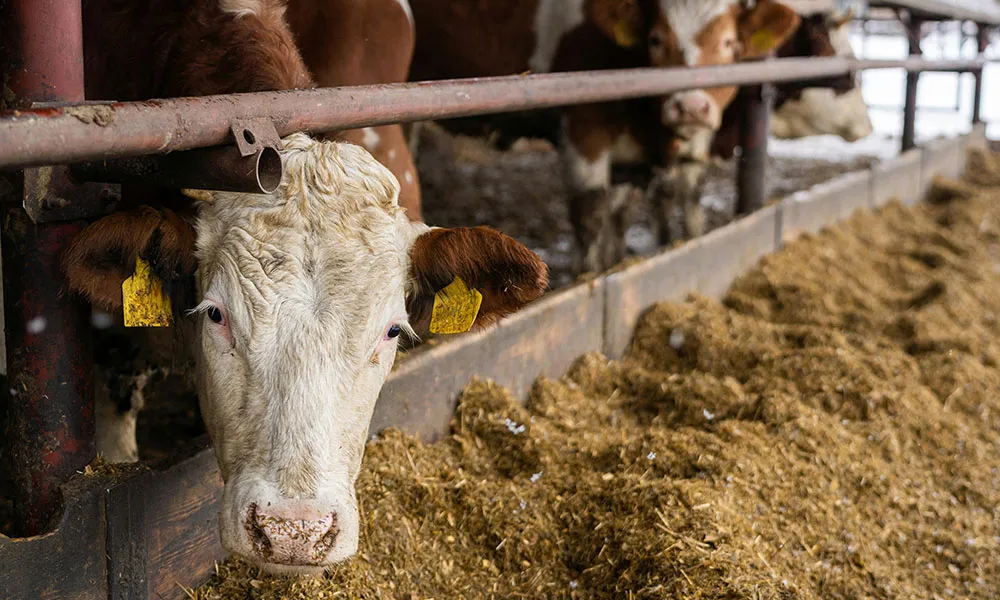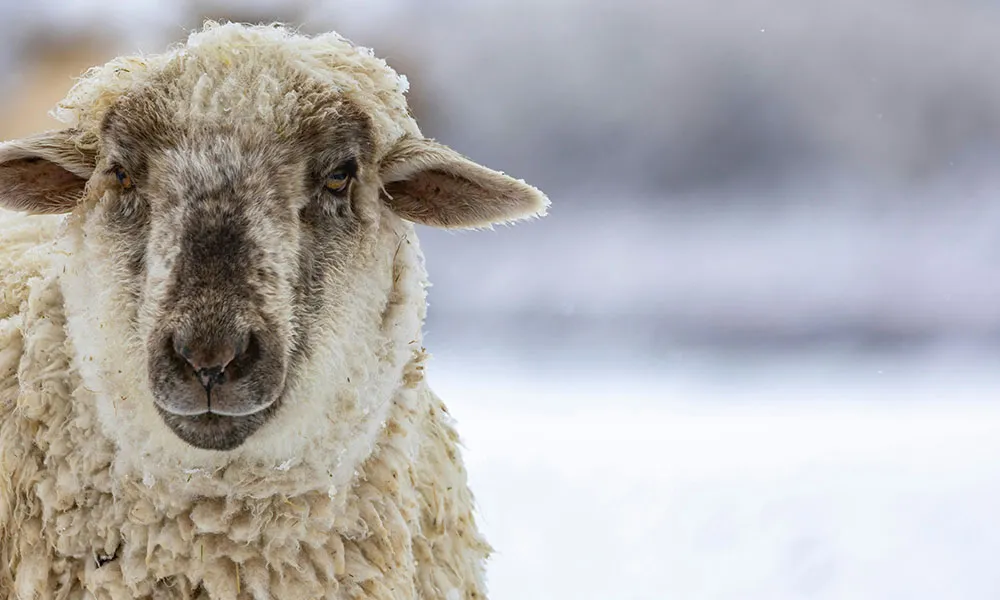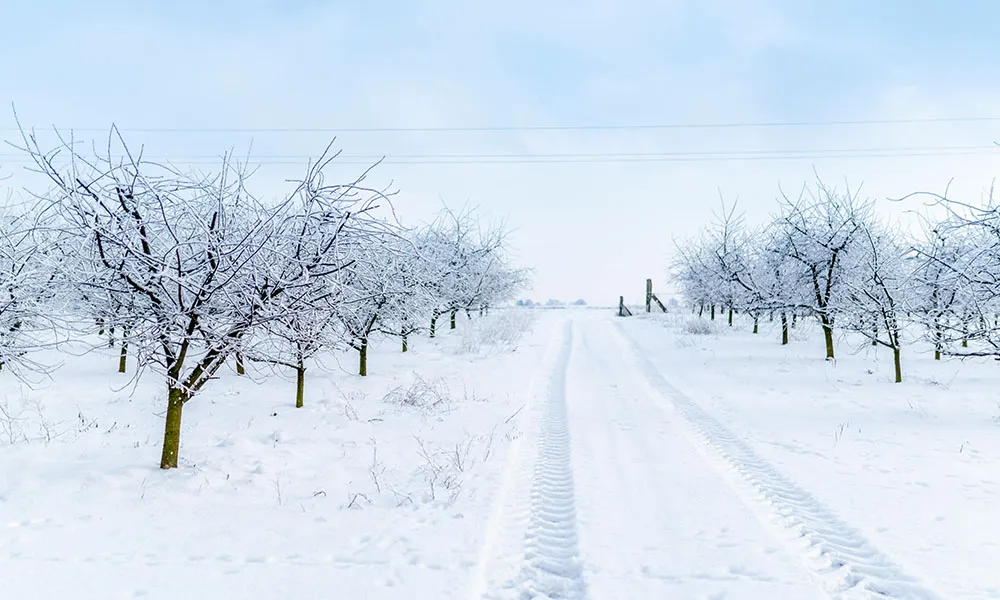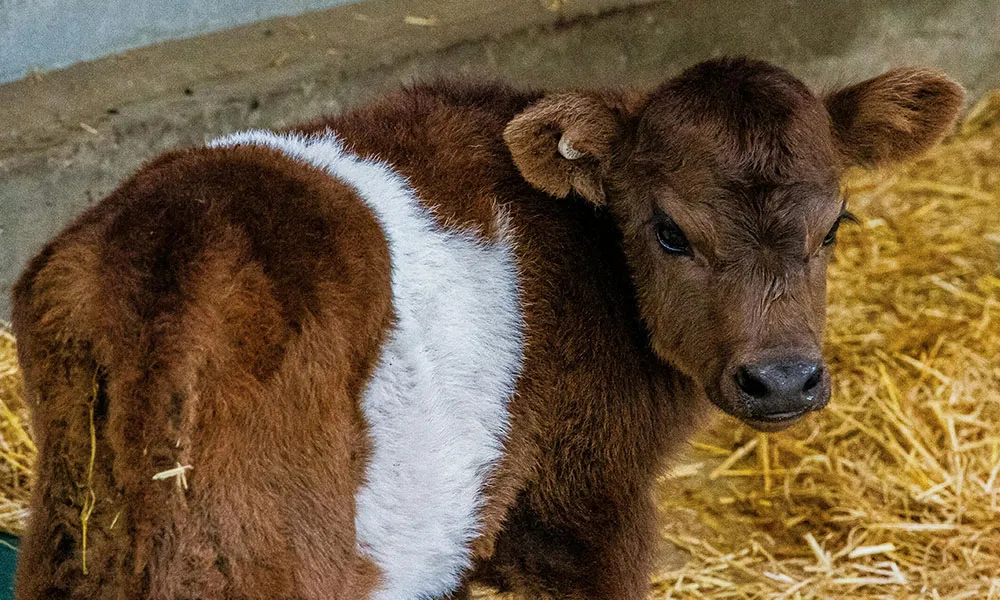
Agridirect.ie discuss the merits of hill sheep breeds and explain why they should be a key part of your long term breeding plan.
Last week’s discussion
Last week on this platform, we looked at some of the easiest lambing sheep breeds on the market, such as the Charollais and the Belclare. These are exceptional sheep because, aside from being easy lambers, lambs also achieve good carcass weights.
Why no mention of hill breeds?
Notably absent from our discussion were hill sheep breeds like the Cheviot, the Mayo or the Scotch Blackface. This tendency to overlook hill sheep is generally attributable to their typically lighter lamb carcass weights. Indeed, it is this single issue that has prompted many Irish farmers to move away from these traditionally popular breeds in favour of continental breeds such as the Charollais or the Vendéen, or hybrids like the Belclare.
The case for hill sheep
There is no point in arguing that hill sheep are less profitable on a per animal basis. However, there are still very good reasons to keep a strain of the hill breed running through your flock. This is true whether you are an upland or lowland farmer.
The hardiest of sheep
First of all, there is no denying that hill sheep are – generally speaking – hardier and more disease-resistant than continental or terminal breeds. Take, for instance, the Mayo or the Scottish Blackface. They always seem to have a far higher tolerance for most of the diseases that account for sheep deaths on Irish farms, including fluke.
Blowfly resistant
More to the point, their “hairier” fleece means that they are also far less likely to suffer from blowfly strike. Because the hill sheep’s less compact fleece makes for a cooler, less hospitable hatching ground for insect eggs, weather conditions have to be absolutely perfect for maggots to thrive in it. To be honest, I can barely recall a time when we had a Blackface ewe come down with a bad case of maggots. Compare that to breeds with better quality wool – a Suffolk or a Vendeen perhaps – and you will appreciate the value of maintaining a strong hill sheep gene in your breeding flock.
The best mothers
The other major advantage of hill sheep is the maternal qualities of the ewe. As most sheep farmers will tell you, hill sheep tend to make excellent mothers. This makes them very appealing as dams for breeding ewes. Crossed with the right maternal breed – such as the Blue Leicester or the Belclare – hill sheep have significant potential. Ewe lambs bred from such a cross are likely to make excellent dams to terminal breeds, such as the Charollais, Suffolk or Texel.
A key part of your breeding plan?
In short, then, it is clear that hill sheep should still form a key part of breeding plans for Irish farmers. While the days when they were the dominant breeds on Irish farms may be gone in many parts of the country, their significance as dams for maternal crossbreeds should not be taken for granted. If you want to maintain a flock of strong, healthy sheep with maternal ewes, be sure to keep the hill sheep gene strong in your breeding ewes!
Thanks for reading
Thanks for reading our thoughts on the merits of hill sheep. If you have any thoughts to share with us on this topic, please be sure to let us know in the comments section. Here at Agridirect.ie, we want to provide you, the farmer, with a platform to share your thoughts and experiences of life on the farm.





